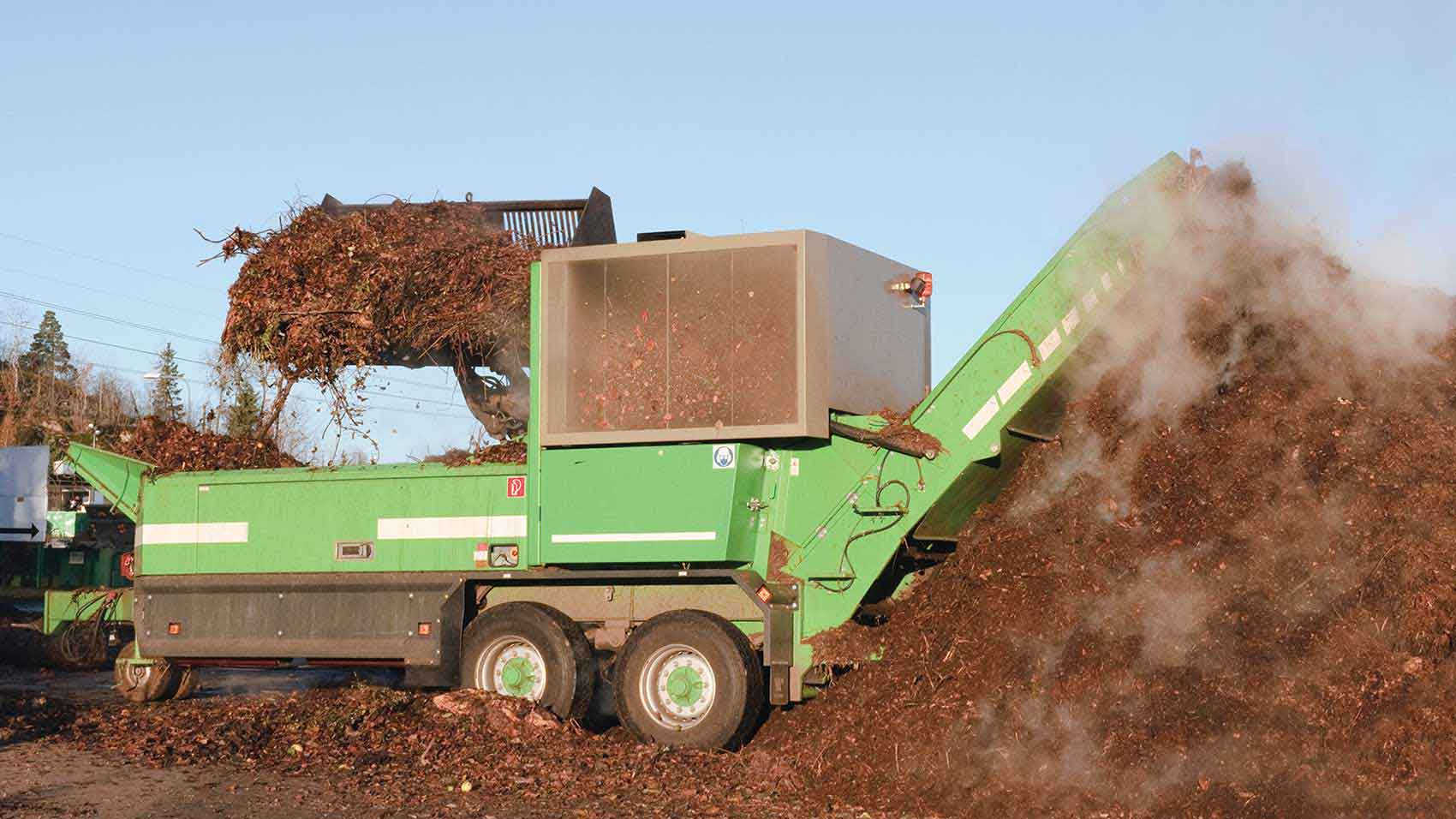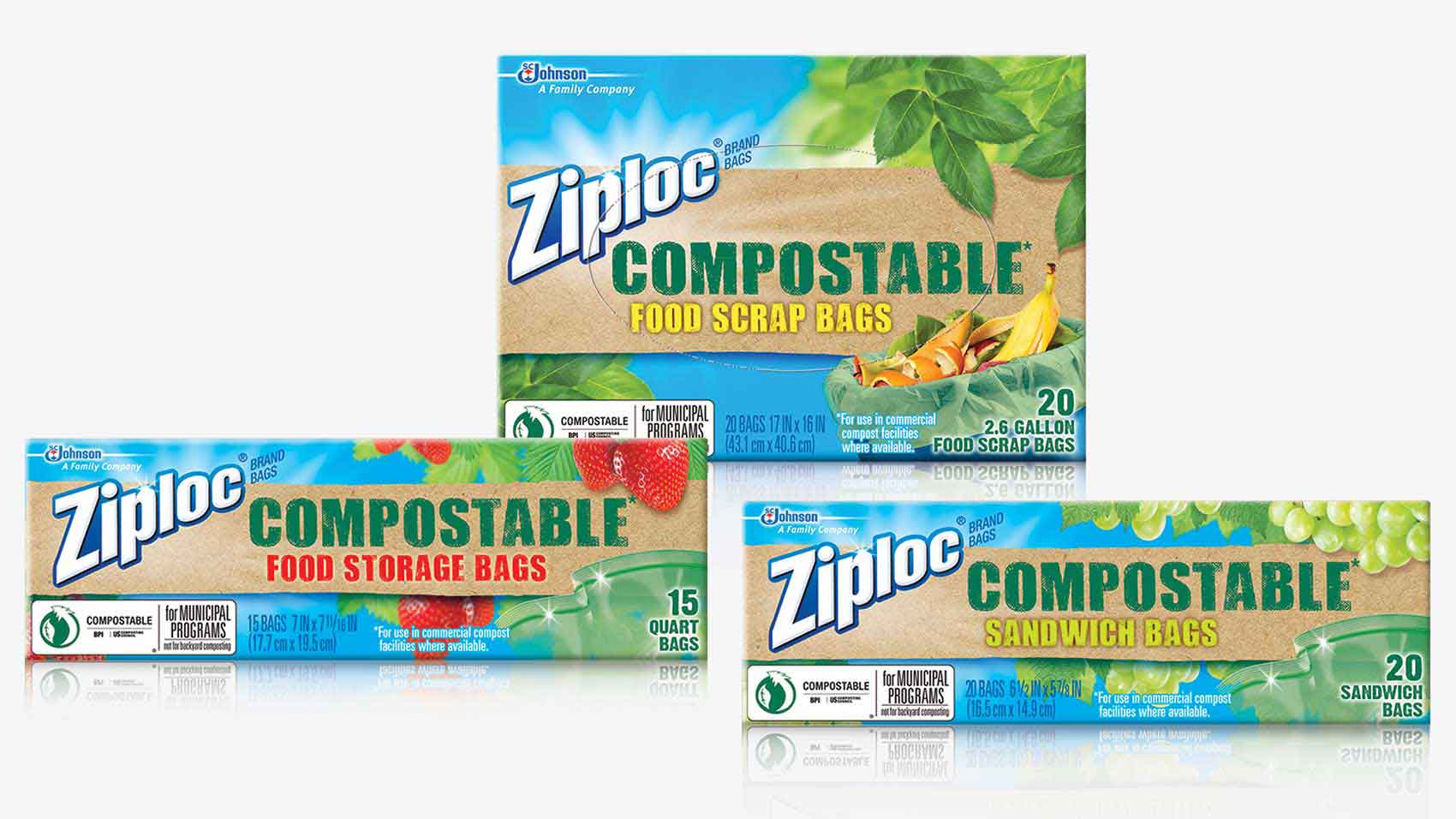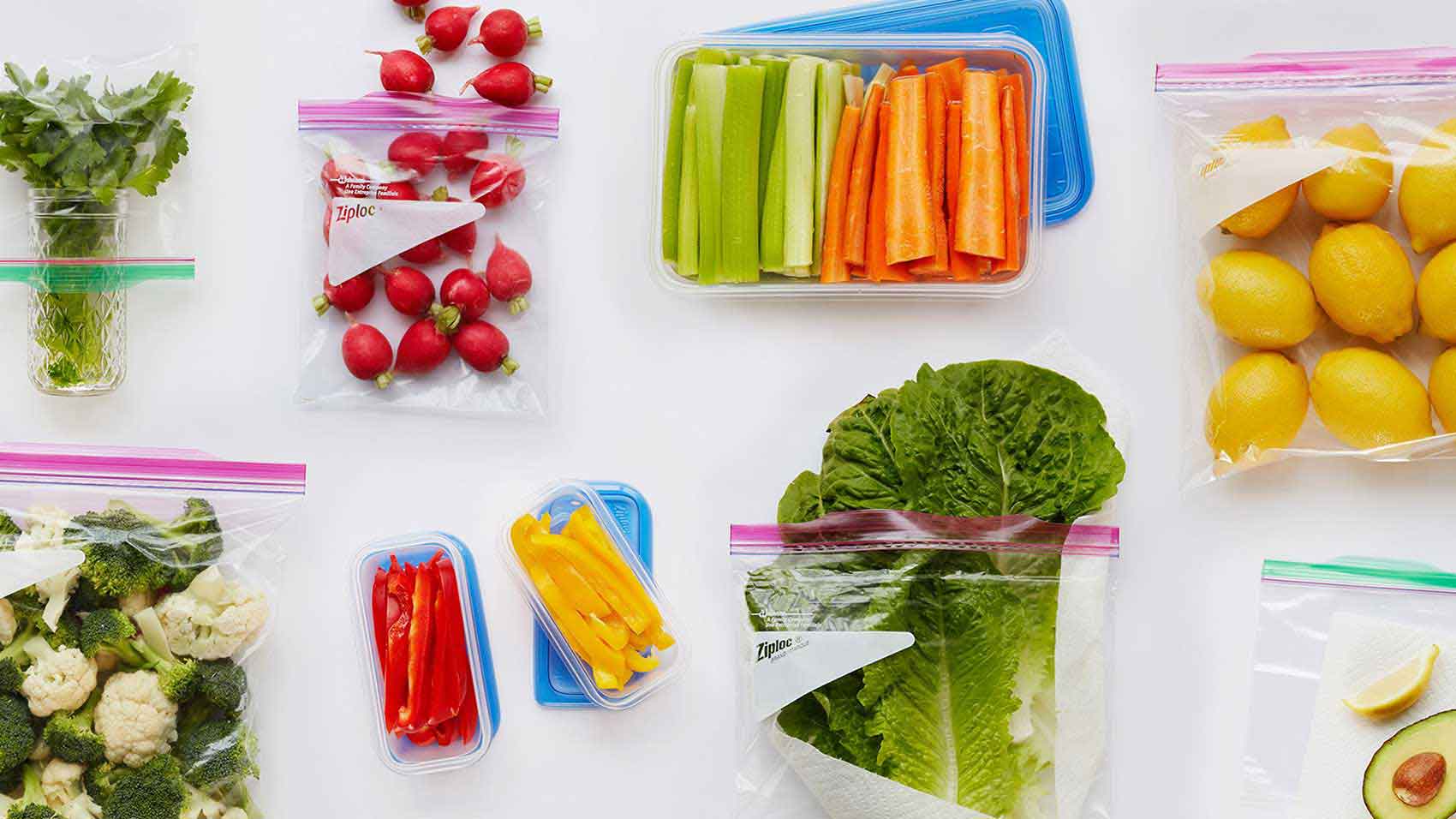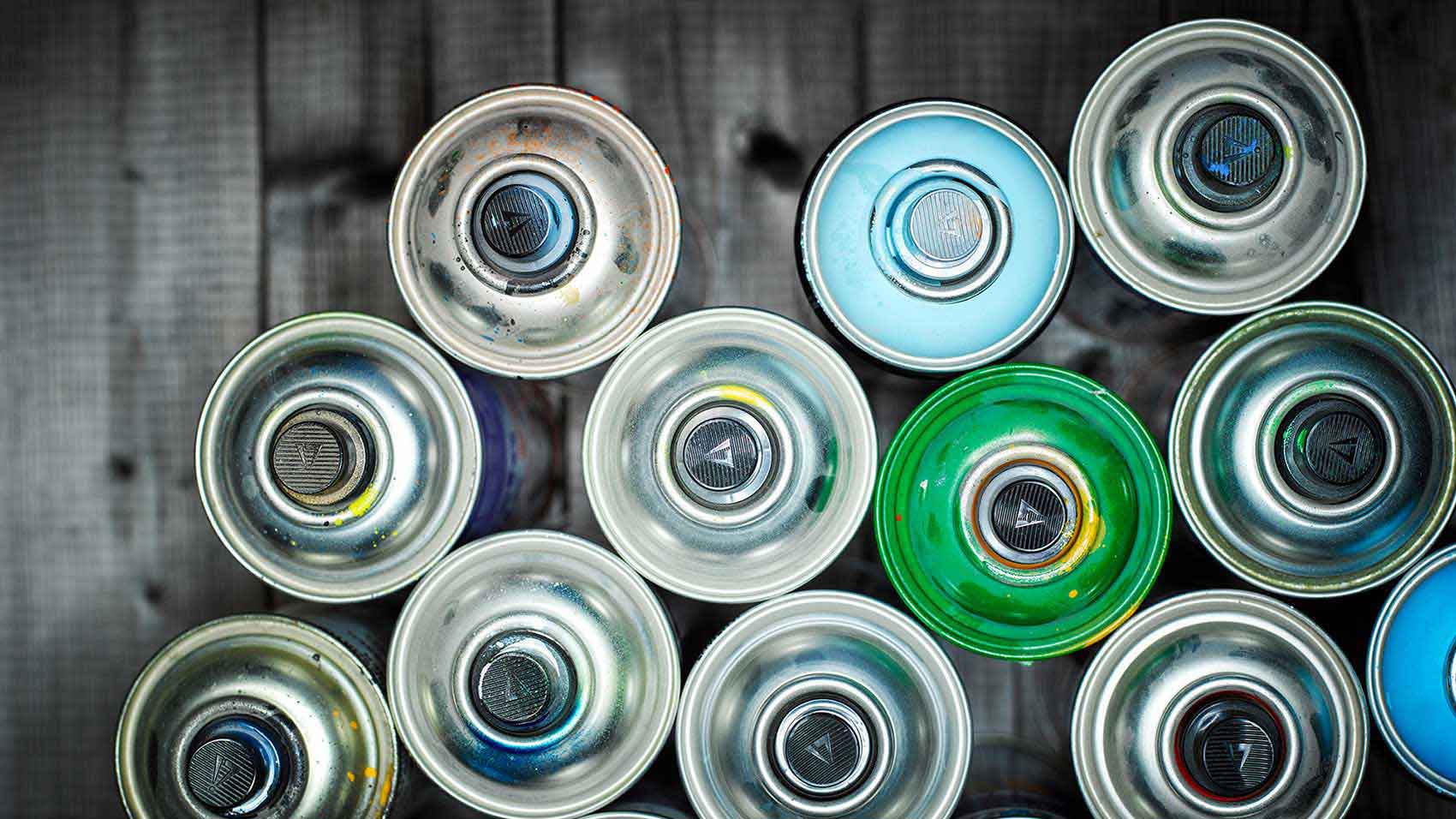Ziploc® Compostable Plastic Bags Support Municipal Composting, Reduce Landfill Waste
When the Ziploc® Brand launched a line of compostable plastic bags in 2013*, it was more than simply a new product introduction. It was the start of an ongoing test to understand whether families would take advantage of the opportunity, and to encourage more communities to explore commercial composting to reduce landfill waste.
We opted to try this first in the United States, since it’s a large market for Ziploc® Brand bags (online only).
Curbside Composting is a Growing Green Trend
From San Francisco and San Antonio to Cedar Rapids and Ann Arbor, curbside commercial composting has been taking hold in a limited but growing number of communities. And with good reason! In 2010, Americans generated about 250 million tons of trash and approximately 25% of it was food scraps and yard trimmings.
Composting recovered more than 20 million tons of waste in 2010, but that’s less than a third of the material that could have been composted. If composting increased by just 20%, it could help save an additional 4 million tons of compostable waste from going to landfills. That’s the equivalent of 170 billion banana peels or 7.8 billion heads of lettuce.
The Ziploc® Brand wanted to help. That’s why we brought trusted Ziploc® Brand quality to new bags made especially for municipal composting – Ziploc® Brand Compostable Bags. The bags offer the same Ziploc® Brand quality you expect, with the compostability many consumers were starting to want.
And, we hoped their launch would also support national dialogue about the benefits of composting.
In 2010, Americans generated about 250 million tons of trash, yet composted less than a third of the compostable material.
Helping Families See the Benefits of Composting




Why Commercial or Curbside Composting?
While some families choose to compost at home – and we applaud them! – commercial composting offers some appealing benefits, too. It allows families to enjoy the rewards of composting without giving up yard space or spending weekends tending a compost pile.
And, the commercial composting process is more efficient. Due to their size and scope, commercial composting facilities can reliably create the conditions needed for composting bio-plastics — a delicate balance of temperature, air flow, moisture and other factors.
Commercial composters have the size, scope and staffing to achieve this; bio-plastics generally can’t be composted at home. Our Ziploc® Brand Compostable Bags are not suitable for backyard composting for this reason.
To find out if municipal composting exists in your community and if there's curbside composting pickup, visit www.findacomposter.com
Ziploc® Compostable Bags: Two Types to Try
The Ziploc® Brand Compostable Bag lineup includes two types of bags:
Ziploc® Brand Compostable Sandwich Bags and Compostable Food Storage Bags
These bags offer trusted Ziploc® Brand quality to keep food fresh. They’re perfect on the go and can be used to store sandwiches, fresh fruits and vegetables. Afterward, they can be composted through most curbside commercial composting programs that accept food scraps and compostable bags. Check for availability in your community since these facilities do not exist in many areas. If you have curbside commercial composting, be sure to determine what types of food scraps are accepted. For example, some programs do not accept compostable bags that have traces of meat, oils or fat.
Ziploc® Brand Compostable Food Scrap Bags
These bags are perfect for lining a compost bin or pail (2.6 gallons or smaller) and can be used to hold leftover waste including fruits, vegetables, grains and bread. They’re designed to be composted through most municipal or commercial composting programs that accept food scraps and compostable bags. Again, check for availability in your community since these facilities do not exist in many areas. If you have curbside commercial composting, be sure to determine what types of food scraps are accepted.
Our Sandwich/Storage and Food Scrap bags are certified by the Biodegradable Products Institute as complying with the specifications established in the American Society for Testing and Materials standard ASTM D6400. They can be composted in commercial composting facilities where food scraps and compostable bags are accepted. (Be sure to check with your local program to see specifically what types of food scraps they allow.)
*January 2019 update: Our compostable Ziploc® brand bags are currently out of stock. Look for them on Amazon.com in the future.
Related Stories

Recycling Ziploc® Bags: Getting Communities Closer to Curbside Recycling for Plastic Film

Ending Plastic Waste: SC Johnson is Committed to Increasing Plastic Reuse and Stopping Plastic Pollution
